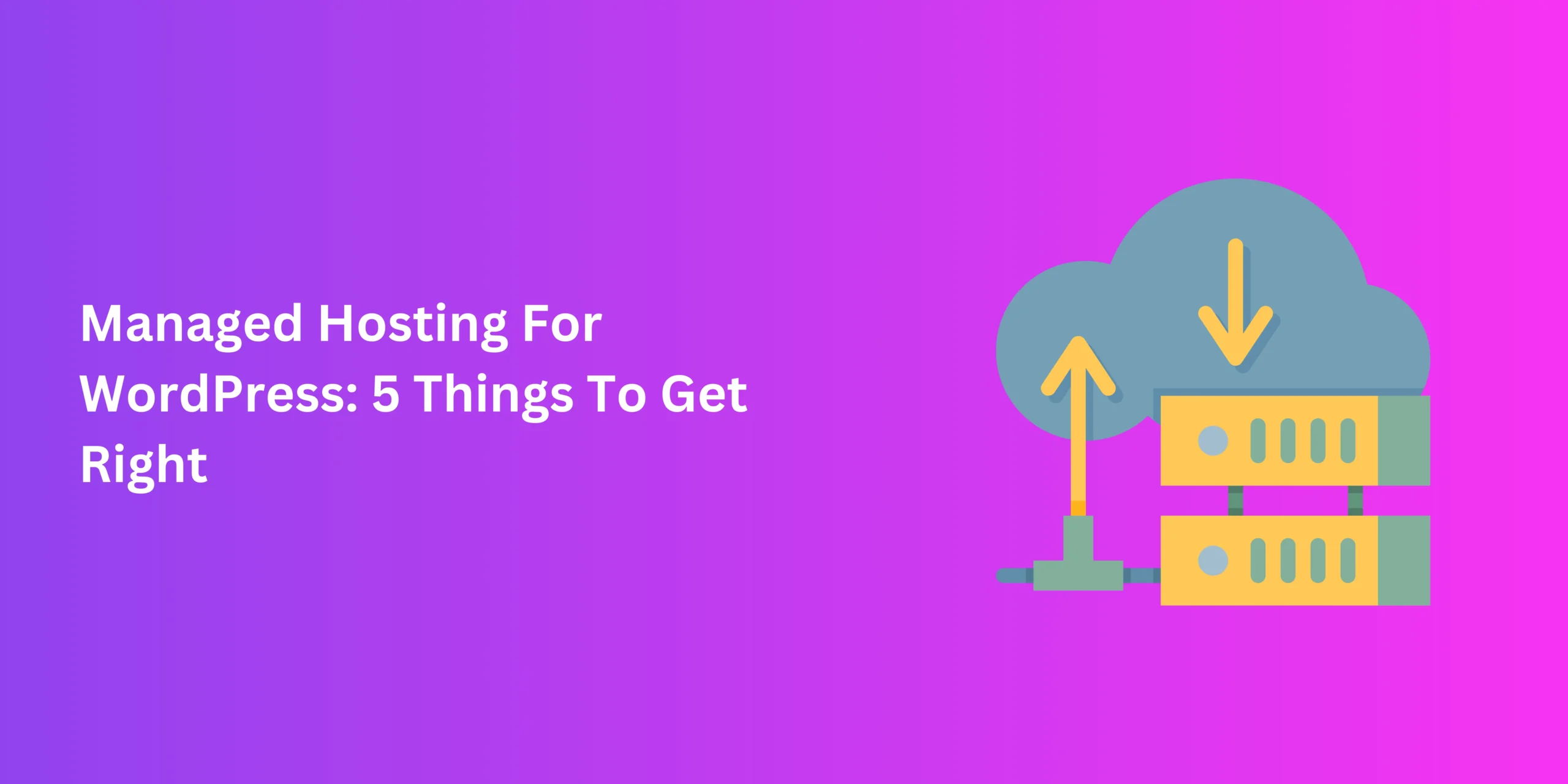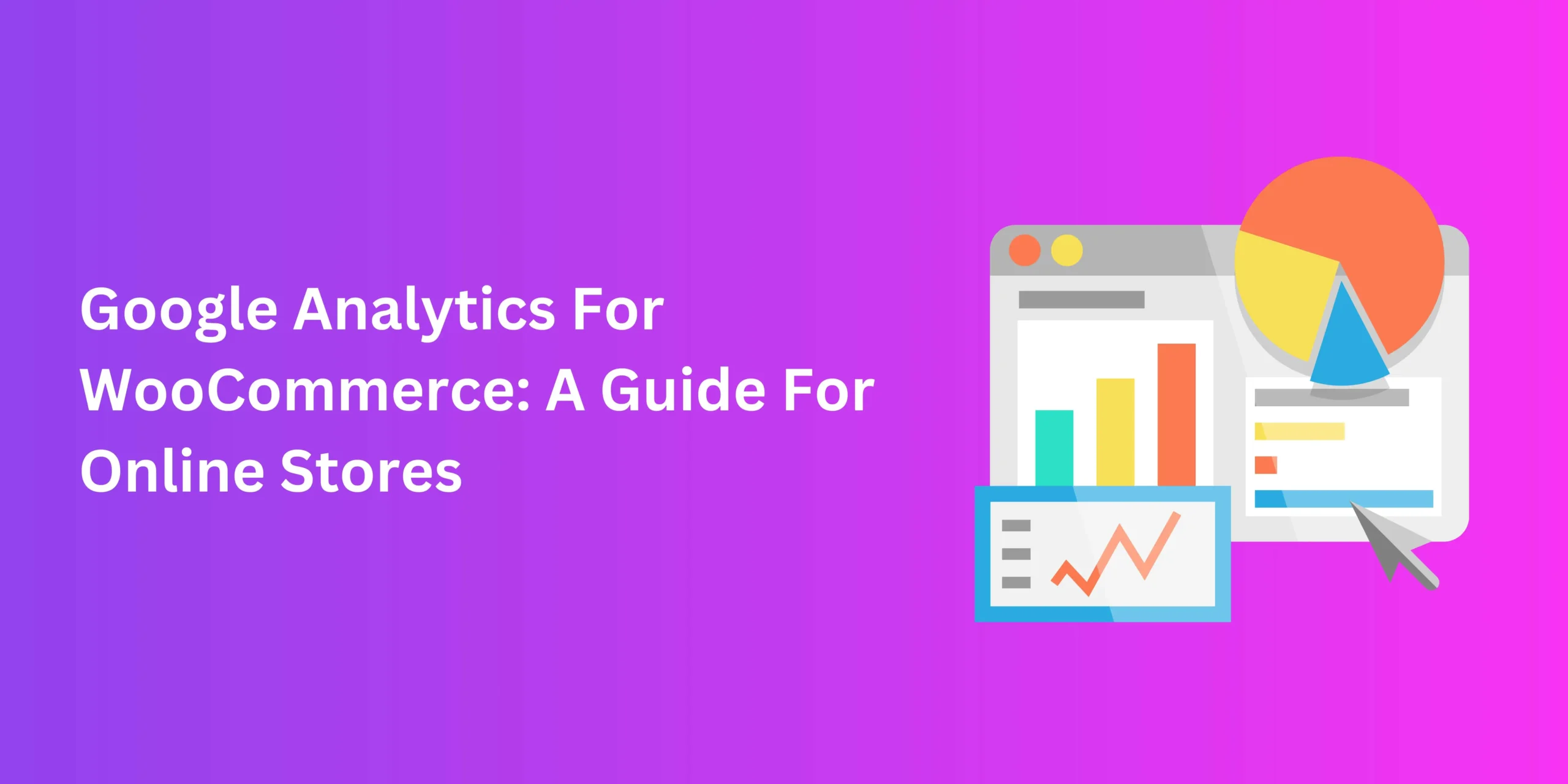Running a successful business always has its fair share of responsibilities, and WooCommerce stores are no different. Sure, going digital has its perks, but the maintenance can be a whole other challenge. To meet most of the challenges these businesses face, investing in managed hosting for WordPress can make all the difference.
While it’s hard to go wrong with a good hosting service, it’s also not impossible to do so. Managed hosting is an investment, and a lot rides on making the right choices. Before we do that, however, it’s worth bringing some of you up to speed on this topic.
A Quick Refresher On Web Hosting
For a website to be available to users on the World Wide Web, it needs a platform. Web hosting provides that and makes sure that an online store remains accessible to users. This means not just being able to visit a website, but interact with it as online shoppers expect to do so.
Web hosting comes in different forms, each with its benefits that may or may not suit you. For WooCommerce-based business owners, managed hosting for WordPress is the ultimate solution. This is where a provider offers a dedicated host server and fulfils site security, performance, and other management duties, usually for a fee.
Why Go For Managed WooCommerce Hosting?
Running an online business can be tiresome work even without the hassle of navigating a hosting solution on your own. What you need is something that checks every box and frees you from a number of work-related hassles.
Here’s why a robust managed hosting plan is the ideal investment, even for small online stores. Some of the advantages of choosing WordPress managed cloud hosting include
- Round-The-Clock Technical Support
Technical difficulties can be devastating to businesses, so it helps to have access to prompt and dedicated support.
- Superior Performance And Security
Dedicated server access means having a server all to yourself. That way, you need not worry about host overcrowding, especially if you entertain moderate traffic. Plus, no shared hosting means a more secure online business.
- Scheduled Updates And Backups
Instead of having to update every single theme and plugin and back up all your data manually, simply automate everything. This ensures nothing is lost and you have time to focus on your business.
So, if you’re a small business owner, banking on dedicated hosting is a fruitful decision. But even then, it takes more than going through payment plans to get the most out of a host.
Managed Hosting for WordPress: 5 Essential Considerations
Understanding what you’re signing up for and what you expect is essential when it comes to web hosting. For inexperienced business owners, poor choices and missteps are to be expected, but there are ways to avoid them.
Here are some key considerations for dealing with managed hosting as a business.
- Be Careful When Choosing Providers
Managed hosting as a solution works, but not all providers are cut out for the job. Small businesses need all the help they can get. So, it’s important to make the best choice without compromise.
For instance, GoDaddy users might be drawn in by the vast repository of WordPress plugins and themes. However, issues related to performance, compatibility, and migration can make things difficult.
Similarly, Pressable is immensely affordable and feature-rich. But specific issues like no phone support and being subject to restrictive selling guidelines can put a damper on your sales.
Small online stores need more comprehensive hosting solutions, like those provided by Hostinger, NexCess, or Hustly.
- Scalability Matters
Quality managed hosting for WordPress isn’t always cheap, as evidenced by how well it works. Luckily, small businesses can enjoy premium features by choosing more affordable plans. All providers offer plans containing immense features and access for a reasonable fee.
But with time, your hosting needs might evolve, leading you to require more robust features. So, always be prepared to pay more for better service, by choosing a host that facilitates that process.
- Consult The Service Level Agreement
The SLA for each hosting provider contains all the details pertinent to your hosting provider. These include guarantees regarding uptimes, responsive support, and the degree of service you pay for.
Understanding these details streamlines your decision-making and helps you understand processes like updates, backups, and potential host migration. So, you can make plans and manage your expectations better as you navigate your newly hosted business.
- Don’t Take Traffic and Resource Requirements Lightly
The scope of your business should determine your choice of host provider and payment plan. The level of site traffic and resources used directly impacts even high-quality, secure WordPress hosting.
So, get an estimate of your average daily or weekly traffic and resource requirements to make the perfect pick. And, if possible, repeat this process at a later time as your traffic and resource usage changes. This should help you save money and avoid issues that come with these fluctuations.
- Be Prepared To Relinquish Some Control
In managed hosting, you pass on several key responsibilities like admin and site updates to the hosting provider. We’ve already discussed the advantages of that, but a major trade-off is having less control of your site.
You’re partially or entirely reliant on your provider. So, there might be less flexibility when it comes to server management and control panel access. However, to guarantee secure WordPress hosting, such restrictions might be necessary.
Besides, with a reliable provider, all of this usually isn’t a problem. Still, it’s worth knowing this to manage expectations later on.
Choose The Host With The Most
When it comes down to it, securing quality managed hosting for WordPress relies on research. The more you look into which provider works the best for you and what you’re getting, the better. As a small business owner, the above considerations can save time, money, and hassle, and allow customer experience to thrive.




